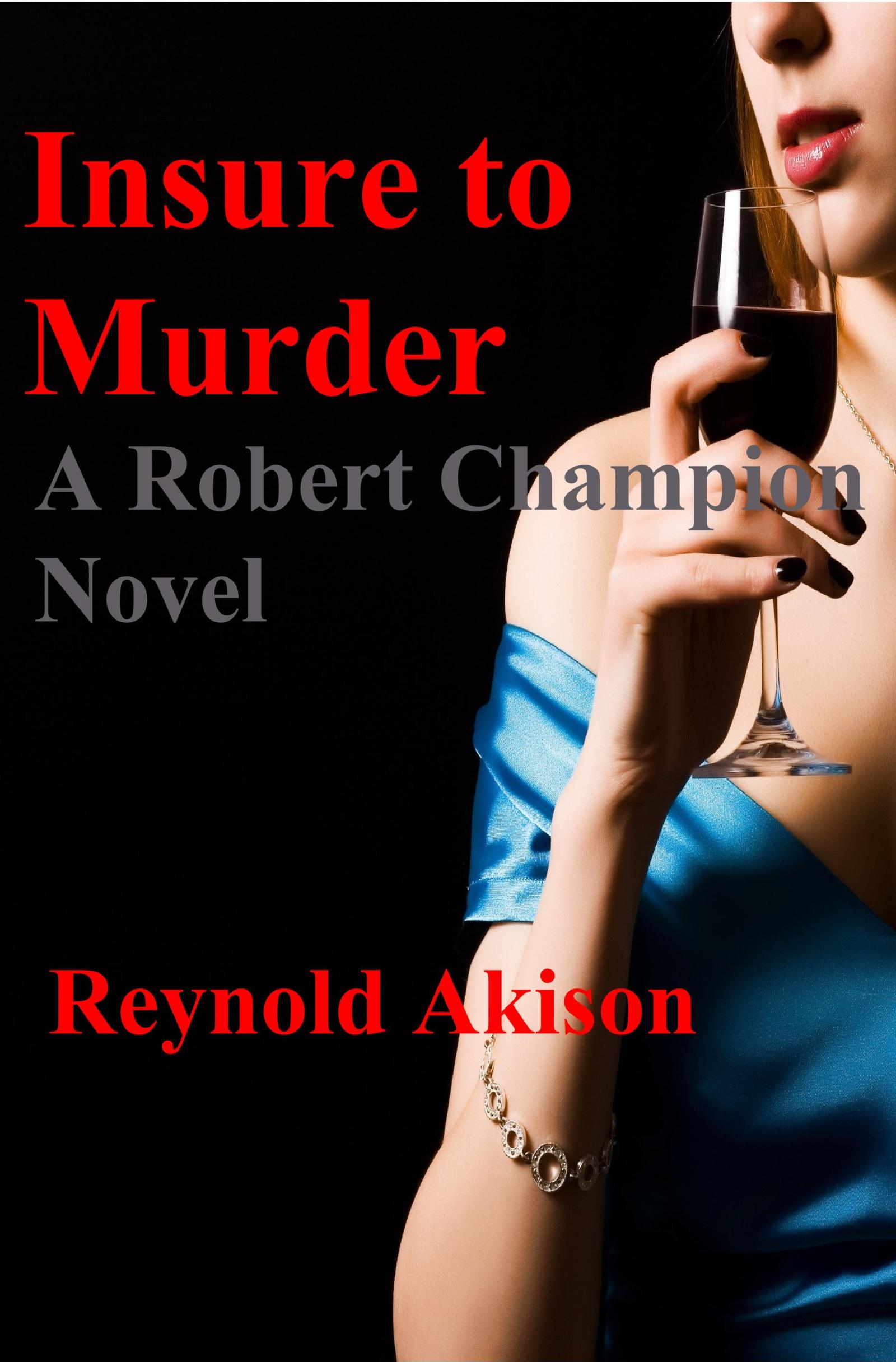Now that you’ve got a good idea for your novel, how do you turn it into a book? Some writers might advise you to start writing immediately and see what happens. I’ve tried that, and I’ve found that if my idea, characters and plot are lively enough, I can get off to a good start. I began writing my speculative-fiction novel – Not Just A Girl – that way. The character’s conversations sustained the forward movement of the story for nearly half of the first novel. After that, I outlined the rest of the story. I’ve also written short fiction that way too.
Elmore Leonard says he auditions his characters while he’s writing – giving his approach a Hollywood or theatrical spin.
Other writers might suggest that you research you idea, and find characters who will fit the roles needed to bring the idea to life and then learn everything you can about your characters. Then sketch out your plot and begin writing.
On the other hand, your idea might not be an idea at all, but a cast of characters living and carrying on in a particular place and time. You may see these characters and hear them talk to one another or even to themselves. They might be discussing love or sex or the neighbors or gun control or the band or singer they saw the night before.
If you’ve got characters let them talk all they want. Get out whatever you use to write with and start taking down their talk. After awhile they may help you discover your story and plot.
Whatever approach you try, it all starts with the first word, the first sentence and the first paragraph. Don’t be afraid to start. Just remember that all good writing is usually re-writing. That means once you’ve finished writing for the day, or you’ve reached the end of your story or novel, you can and mostly likely will go back and rewrite what you’ve done and make it better.
So why not make a start now. What do you have to lose? What you write doesn’t have to be “perfect” the first time out. Go for it!
